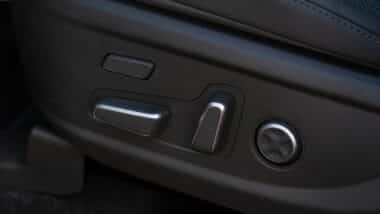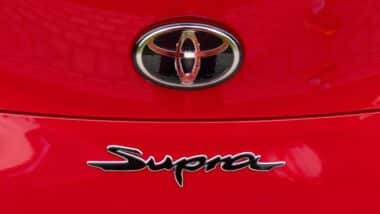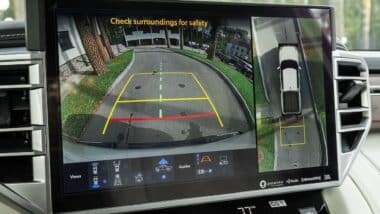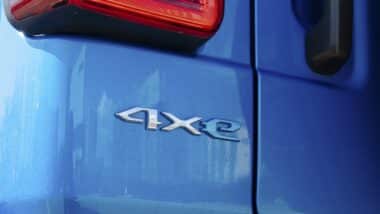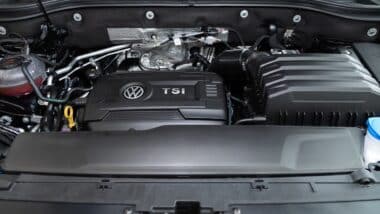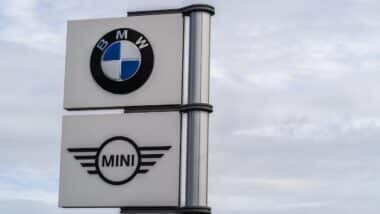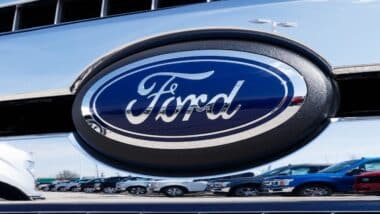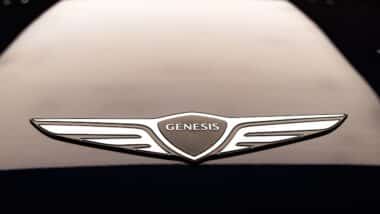 A Ford emissions investigation could spell trouble for the Dearborn, Mich. company, which has faced allegations of emissions irregularities before.
A Ford emissions investigation could spell trouble for the Dearborn, Mich. company, which has faced allegations of emissions irregularities before.
An in-house whistleblower alerted Ford management in September 2018 that road load tests to determine fuel economy might be flawed.
Road load refers to the resistance level a motor vehicle experiences as it’s driven at a constant speed on smooth pavement. The road load test is part of an equation that determines fuel efficiency. Both computerized modeling and true vehicle testing on a physical track are taken into consideration, along with a vehicle’s aerodynamics and tire friction.
Currently, the 2019 Ford Ranger and 2019 Ford F150 are under investigation because the vehicles might not have the claimed fuel economy at the time they are sold. If the vehicles are inaccurately deemed to have a lighter load than they actually do, the miles-per-gallon will look more favorable. The Ford Ranger in particular has received kudos for its best-in-class EPA-estimated 23 miles per gallon capability.
Department of Justice Leads Ford Emissions Investigation
The U.S. Department of Justice is proceeding with a criminal investigation into Ford’s emissions certifications process. Even though the investigation does not involve the use of cheating devices to get around emissions regulations, an issue that still haunts Volkswagen AG, the use of improper computer modeling could have resulted in Ford misstating the fuel economy and emissions production of some of its vehicles.
According to CNBC, Ford disclosed it was under investigation by the DOJ in their SEC filings in April and says they will cooperate fully with federal and/or state investigations. The carmaker made a voluntary disclosure of the issue to the Environmental Protection Agency in February.
Whether or not the improper modeling was intentionally designed to cheat emissions standards or to boast of false fuel economy will be determining factors in how the case concludes.
Ford claims that so far, it has not determined that any of its claimed fuel-economy statistics are inaccurate. The car company has also hired an outside firm to investigate potential flaws in how the company determines fuel economy and emissions.
The EPA performs random tests on only about 15 percent of America’s vehicles at its government lab to verify the claims made by vehicle manufacturers.
According to cars.com, back in 2014, Ford had to lower fuel economy ratings on six of its vehicle models and was required to compensate owners of those vehicles. The company blamed a road load error in calculations when it was forced to lower fuel economy ratings for 2013 and 2014 hybrid vehicles and the Ford Fiesta. Approximately 200,000 of those vehicle owners received “goodwill payments” ranging from $200 to $1,050 due to the mistakenly stated ratings.
This early in the new Ford emissions investigation makes is hard to tell what the outcome will be, but Ford told investors that “we cannot provide assurance that it will not have a material adverse effect on us.”
Ford said the company has an internal whistleblower policy called Speak UP that encourages employees to tell managers about any problems or discrepancies that they believe the company should know of and potentially take action to correct.
Join a Free Ford Truck Class Action Lawsuit Investigation
If you own or lease a 2019 Ford Ranger or F-150 and have experienced less-than-expected gas mileage or if you feel you are simply filling up your gas tank much more than you expected, you may be entitled to compensation.
This article is not legal advice. It is presented
for informational purposes only.
ATTORNEY ADVERTISING
Top Class Actions is a Proud Member of the American Bar Association
LEGAL INFORMATION IS NOT LEGAL ADVICE
Top Class Actions Legal Statement
©2008 – 2026 Top Class Actions® LLC
Various Trademarks held by their respective owners
This website is not intended for viewing or usage by European Union citizens.



